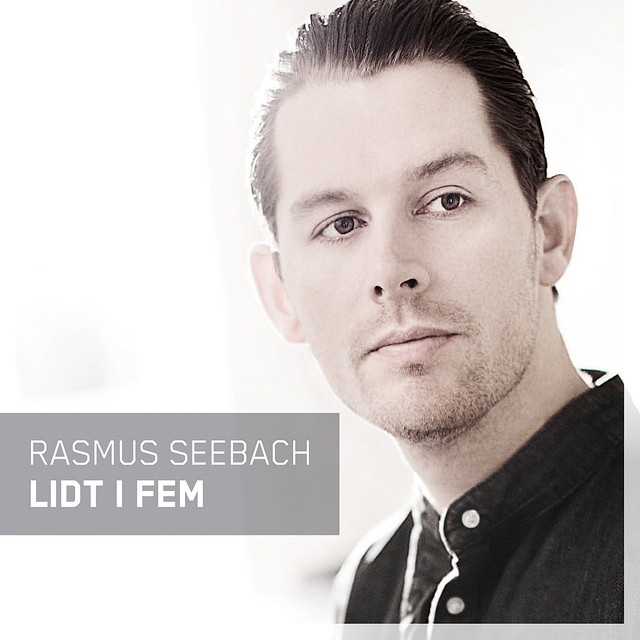Oh, the nuances and things that are left unsaid because we forgot that they were originally there (in a particular language), but today are just implied or “understood”.
Like the simple: “Meet me at 5!”. Of course we mean at 5 o’clock in English. But that’s a linguistic shortcut that the Danes do NOT take. If you say to a Dane “Mød mig på Femmeren”, he will think that you refer to a Café or a physical place called “The 5” or “Femmeren” (“The Fiver”). No, in Danish it must always be spelled out specifically that the 5 you refer to is a time, so “Mød mig klokken 5” is necessary. On the other hand, “Klokken 5” suffices in Danish without any preposition to specify the time. But in English, for some reason, an “at” has to be dragged into the picture:
Danish ==> English:
Klokken ==> O’Clock
Tid ==> Time
Hvad tid? ==> What time?
Klokken 5 ==> At 5 O’clock
When we in English say “we appreciate your business”, we DON’T mean that we appreciate the way you’ve decorated the interior of your shop, or the beautiful view that we get by looking at your storefront. No, we mean “we appreciate OUR business WITH YOU”; the transaction, not the physical entity that is your business. For the physical entity where you conduct your business we have more specific words like shop, store, factory, corporation etc. –but we also often use the same word “business”.
Danish, of course, also has a number of words for various business entities, but only one word can be used exactly like “business” to mean BOTH the transaction and the place of transaction. That word is “forretning”. Therefore:
English: We appreciate your business and apologize for any inconvenience ==> NOT: Vi værdsætter din virksomhed og beklager ulejligheden (Means: ”We appreciate your business activity and apologize for any inconvenience”)
BUT: Vi værdsætter din forretning og beklager ulejligheden.
In the same vein:
English: Close the deal! ==>
NOT: ”Luk handlen!”, nor “Luk forretningen!” (“Close your shop!”)
BUT: “Få ordren!” (“Get the order”) or “Afslut forretningen (“Finish the deal”)
In English you can “conduct business” or “conduct a current” or “Conduct yourself appropriately”. Same word, different context. Not so in Danish:
English ==> Danish:
To conduct business ==> “At lave forretning” or “at gøre forretning” (“to make or do business”) or “at føre forretning” (this one means more to “run a (physical) store”).
To conduct a current ==> “At lede en strøm” or “at føre en strøm”.
To conduct yourself appropriately ==> At opføre sig passende.
And which way does that “with” point again?
English ==> Danish:
Build trust with your customers ==>
NOT: Opbyg tillid til dine kunder (“Build more of your trust in your customers”)
BUT: Opbyg tillid hos dine kunder (“Build more of your customers’ trust in you”)
The word “with” has (at least) a double usage in English: “Do something together with someone” and “Leave something with someone”. In Danish, that would mean two different prepositions.
Vice versa: Danes commonly use the expression “Er du med?”, which means “Are you with me?” – but wit the “me” part left out. Because it’s just understood…
Are you with?



